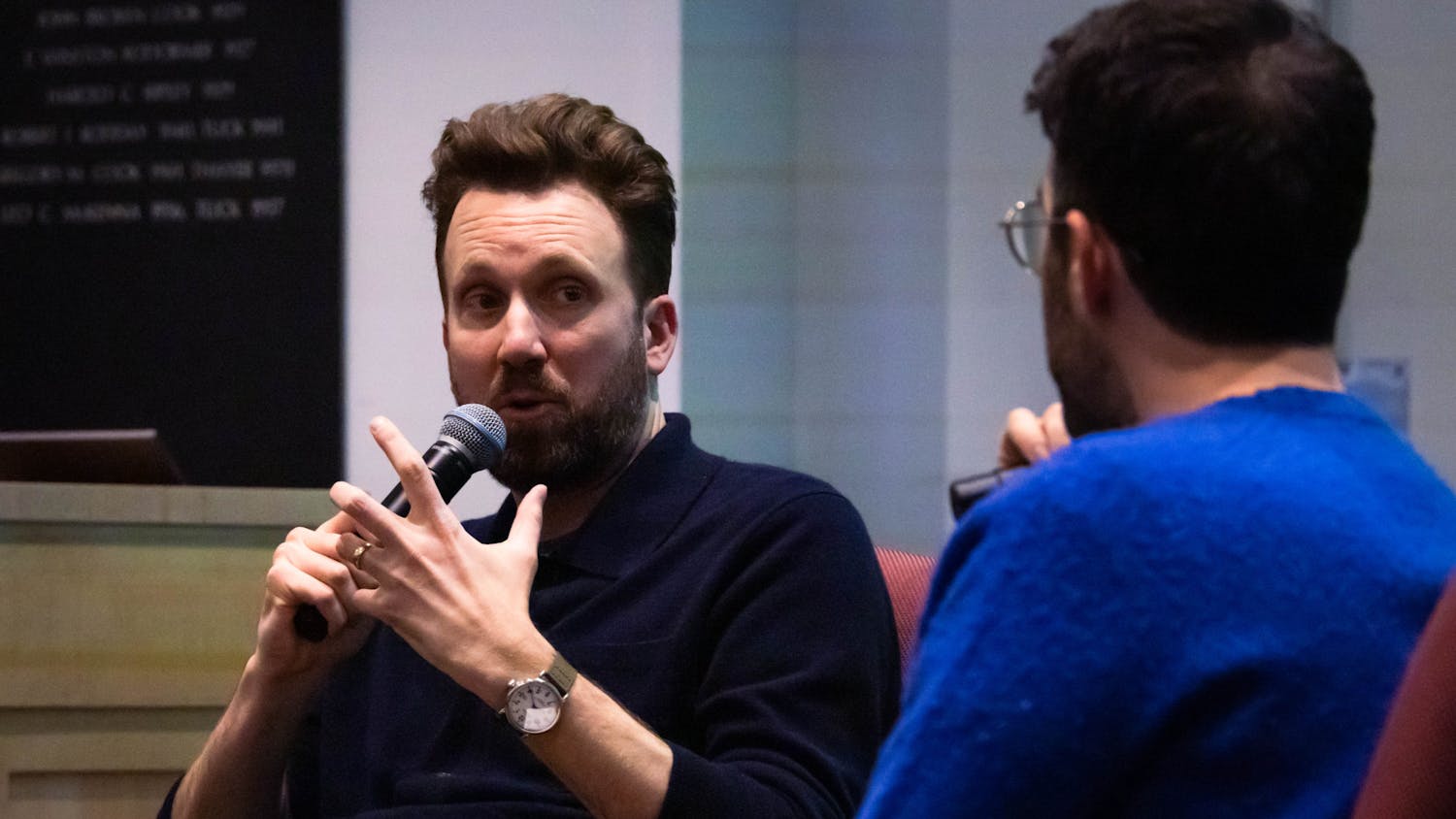It isn’t difficult to identify athletes on campus. Typically, they travel in packs, fill the long tables on the dark side of the Class of ’53 Commons and proudly wear their gear everywhere they go. Of course, the general “athlete” category is separated into two groups: varsity and club. Although they may play the same sport, some club and varsity athletes lead very different lives on campus. For others, there isn’t a hint of discrepancy.
When asked what he does on campus, Scott Bohn ’18 immediately responded, “hockey.” Bohn has been playing club hockey since freshman year, and he ascended to team captain his sophomore year.
In addition to the 10 hours a week Bohn commits to club hockey, he works an on-campus job and devotes time to his fraternity. However, Bohn said that being a hockey player is the part of his identity of which he’s proudest on campus. If he ever need to make a choice, he would drop other activities for hockey.
“I put work and time into it, and it’s become something,” Bohn said. “It’s a source of pride.”
Club rugby player Ethan Klaris ’20 believes that true love of the sport is something that some varsity athletes do not understand about club players. He said that working hard on the field without obligation is something that takes true dedication and passion.
“On a varsity team, there is no wiggle room for level of commitment,” Klaris said. “On a club team, you get out what you put in. “
An athlete’s friend group is often composed of other athletes, typically a result of spending much time together. However, varsity basketball player Gabrielle Hunter ’20 said that she wishes her friend group was more diverse. Her friends are mainly comprised of three categories: the team, her dorm mates and members of the black community on campus.
“With the lack of time to extend out further into the community, I’ve made immediate connections with those who were around me the most,” Hunter said.
It’s no secret that varsity teams permeate specific fraternities and sororities. James Sullivan ’20 , a varsity lacrosse player, has several teammates in Theta Delta Chi fraternity.
“Having teammates that are in [TDX] makes me more comfortable going there,” Sullivan said.
Bohn said that although he and his teammates have a more diverse friend circle, some of the greatest friends he has on campus are people with whom he shares the ice.
However, some athletes feel that others see them as one-dimensional and that their sport is their whole identity. Although she spends 12 to 16 hours a week practicing, varsity rower Becca Thomson ’20 said that she consciously avoids being pigeonholed into the persona of just a “rower.” She’s also a member of the Dartmouth Wind Ensemble and a prospective engineering major.
“I’m proud to be on the crew team, but I don’t want that to be my defining factor [of my identity],” Thomson said.
With varsity sports consuming as many as 30 to 35 hours per week, an athlete’s Dartmouth experiences often revolve around his or her sport. Hunter said that due to time commitments, it’s difficult to be more than just “an athlete.”
“I find it hard to extend my identity on campus past basketball,” Hunter said.
Sullivan said that athletes are often judged for simply being athletes. He recalled a time on campus when a student described him as someone “who looks like a douche, but actually is a really nice guy.”
“It gives people a perceived idea of who I am that isn’t true,” Sullivan said. “There are stereotypes that come along with the territory.”
Hunter said that one of the best perks participating in varsity sports rather than club sports is having a guaranteed social circle.
“Transitioning into school, you have immediate friends and a support group,” Hunter said.
Both club and varsity athletes struggle to balance academics and athletics. Varsity rower Sophie Palmer ’20 said that there are times when she feels more like an athlete than a student, especially during the season of her sport.
“As an athlete, although you have less time, you spend more time being productive in general,” Palmer said. “But you can’t be on top of everything all the time.”



